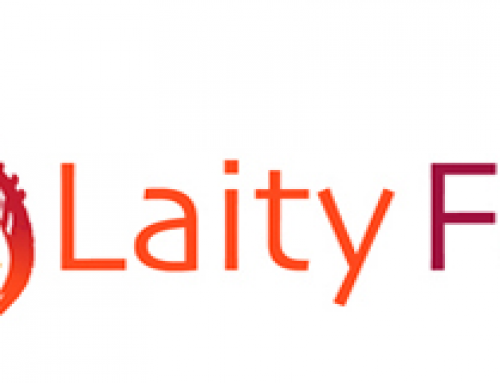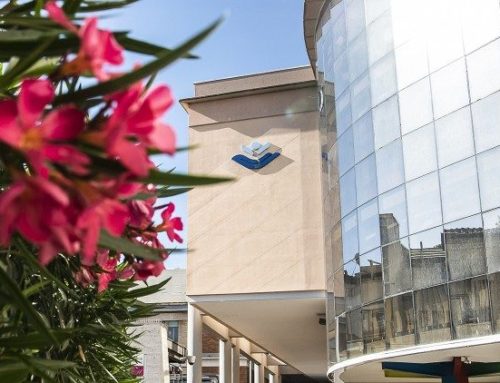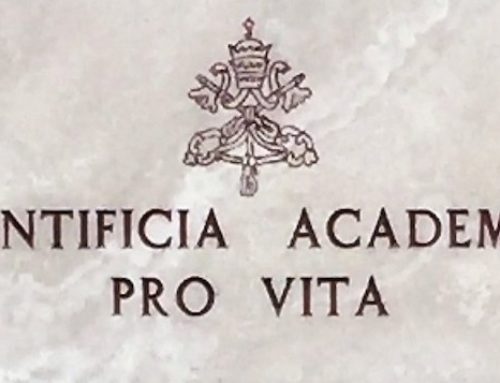Message of the President of the Pontifical Council for Health Care Workers, H.E. Archbishop Zygmunt Zimowski, for the Fifty-Ninth World Leprosy Day
(29 January 2012)
‘In the Fight Against Hansen’s Disease the Commitment of All Men of Good Will in Required’
People treated for, and cured of, leprosy can, and must, express all of the riches of their dignity and spirituality, as well as full solidarity towards others, above all those who have been equally afflicted and have been marked indelibly by this infection! All the forces involved in the fight against Hansen’s disease must at the same time continue their work tenaciously so that the successes that have been obtained are made definitive and always improved, reducing as much as possible relapses and new cases.
Mycobacterium Leprae, in fact, has not as yet been eradicated, even though the official number of new cases of the infection continues to decrease and at the present time are about 200,000, according to the estimates of the World Health Organisation for the years 2010-2011. In addition to supporting the free distribution of those drugs and medicines that are required, one should, therefore, further promote speedy diagnosis and perseverance in receiving therapies. It is of fundamental importance, furthermore, that the work directed towards sensitising and training communities and families that run the risk of contagion be strengthened.
The gospel phrase ‘Stand and go; your faith has saved you’ (Lk 17:19), chosen by the Holy Father Benedict XVI as the theme for the twentieth World Day of the Sick which will be held on 11 February of this year throughout the world, constitutes an exploration and a call that touches in a particular way those who have been afflicted by this infection; in this passage from St. Luke, indeed, we are told about ten lepers who were healed by Jesus, readmitted to the community and reintegrated into the social and occupational fabric.
As is emphasised by the Holy Father in his Message for this year, ‘help us to become aware of the importance of faith for those who, burdened by suffering and illness, draw near to the Lord. In their encounter with him they can truly experience that he who believes is never alone! God, indeed, in his Son, does not abandon us to our anguish and sufferings, but is close to us, helps us to bear them, and wishes to heal us in the depths of our hearts (cf. Mk 2:1-12).
The faith of the lone leper who, on seeing that he was healed, full of amazement and joy, and unlike the others, immediately went back to Jesus to express his gratitude, enables us to perceive that reacquired health is a sign of something more precious than mere physical healing, it is a sign of the salvation that God gives us through Christ; it finds expression in the words of Jesus: your faith has saved you. He who in suffering and illness prays to the Lord is certain that God’s love will never abandon him, and also that the love of the Church, the extension in time of the Lord’s saving work, will never fail’.
This love, which is also expressed through individual action and through Church institutions and volunteer organisations, amongst which the Raoul Follereau Foundation and the Sovereign Order of the Knights of Malta, as well as the successes that have been obtained hitherto in terms of a strong reduction in the number of people infected by this disease, certainly do not exempt governments and international organisations from increasing the attention they pay to, and their work to combat, the spread of leprosy, or from their responsibilities as regards prevention, in educational and hygiene/health-care terms, and the ‘readmission’ of people who have been cured, as well as support for all the victims of infection.
On the other hand, those who have been cured and have followed the difficult pathway of social reintegration can communicate their gratitude in a practical way as well, becoming themselves witnesses, contributing to the dissemination of the criteria of prevention and the swift identification of this disease, as well as providing moral support for those people who have been infected; and, where possible, in addition, cooperating with institutions and ad hoc initiatives so that the necessary therapies are completed and then followed by the social reintegration of those who have been cured. Those who have attained a cure can in this way communicate all their interior riches and experience and at the same time, in helping their neighbour, all their dignity and profundity as people touched by suffering and involved in working for the health of the community to which they belong.
This will amount to a further and relevant contribution to progress in the fight against Hansen’s disease which for millennia has constituted a terrible scourge and involved automatic exclusion from society. Indeed, only the involvement of everyone – and at all levels – will allow the transformation of leprosy from being a threat and a scourge into being a memory, however frightening, of the past.
To Mary, Mother of Mercy and Health of the Sick, we entrust our brothers and sisters who are afflicted by leprosy so that her maternal compassion and nearness may accompany them always, in the daily events of life as well.









